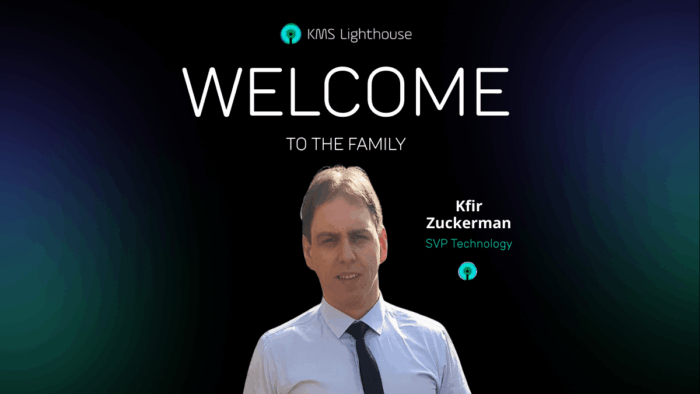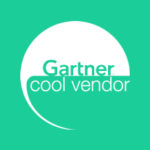Fortunately, most organizations were able to pivot quickly, and many are now seeing success from their actions. Even more reassuring is that these changes have had a positive impact, adding value to health care providers’ bottom line and their ability to improve agent and customer experiences.
Increases in Remote Agents
About one in three call centers had a least half their agents working remotely before the pandemic. Since early 2020, most have moved to remote or hybrid operations. The transition has been so successful that nearly three out of four organizations say remote work environments will continue as the standard, and 85% say they plan to continue flexible hours for agents.
It came as a surprise to many managers just how successful a remote work model could be. Agent productivity and performance levels have risen, and companies are seeing financial gains from a permanent shift to remote work due to lower overhead costs. And because so many agents are happier working from home, there’s less turnover, which reduces the costs associated with onboarding and training new agents.
That said, delivering the level of service customers have come to expect remains challenging for healthcare providers who must find ways to manage productivity, enable collaboration, and facilitate operations within new frameworks.
Knowledge Management Systems for Call Centers
The healthcare system is highly complex, and medical providers must use multiple knowledge management strategies to ensure agents and customers get the information they need when they need it.
Knowledge in the healthcare industry includes data, information, experience, and other issues related to data integration, storage, and management. A call center knowledge management system can help healthcare providers manage knowledge successfully, so agents learn from it and apply it in the course of their work.
Healthcare Call Center Best Practices
A call center knowledge base helps healthcare providers deliver efficient and accurate support to their customers. With call center agents needing easy access to updated information to resolve customer queries quickly, a dedicated knowledge base is an effective way to do it.
Here are five best practices to ensure your contact center is prepared to provide the omnichannel experience customers demand.
1. Train Agents to Perform at High Levels
Agents in healthcare call centers must possess specialized skills and knowledge so they’re able to address varied and complex matters. For instance, they need to understand compliance regulations and other security concerns many other call center agents do not. Training your agents to perform at a high level is an ongoing process, which can be challenging with remote staff. A call center knowledge base allows agents to learn, even while working remotely.
2. Offer Seamless Customer Experiences
A healthcare knowledge management system helps providers build better customer relationships by:
- Getting customers to the right agents at the right time so their questions are answered quickly and they leave the interaction satisfied. Features like predictive routing give your organization the visibility and control needed to continuously improve the customer experience and help you gain a strategic view of your business through analyzing trends and agent performance.
- Meeting patients where they are. In the healthcare industry, one size definitely does not fit all. The people your organization serves are diverse, and so, too, are their preferred methods for getting support. From virtual assistants to chatbots, messaging, or talking to a live agent, patients want to communicate through their preferred channels. An AI-driven knowledge management system lets you give patients the efficient and coordinated journey they’re looking for.
- Facilitating incorporation of customer feedback into performance improvements. Information gleaned from surveys and other feedback can be used to make changes that improve customer satisfaction moving forward.
3. Manage Call Volume Spikes
Every contact center’s success relies on accurate operational planning, scheduling, and forecasting. The best way to handle high call volumes is to anticipate them and plan accordingly. Some call spike variances are easy to predict based on historical data. Others aren’t as easy to figure out. Call center technology helps you analyze call volume data and ensures you schedule agents to be available during peak call times.
4. Aspire To Continuous Improvement
Encouraging a culture of continuous improvement in your call center drives agent development and helps you identify and correct elements in agents’ workflows that aren’t working well. A knowledge management system allows agents to find and share information quickly, which increases customer loyalty and trust. It also improves employee satisfaction because agents feel empowered and confident in the support they deliver.
5. Track Relevant Metrics
Key performance metrics (KPIs) objectively measure performance and help you understand where to invest in staffing, training, and other resources. Traditional healthcare call center metrics are first-call resolution, average wait time, and abandonment rates. However, advanced technologies and management tools are gaining importance and helping healthcare providers track metrics that focus on the customer experience. In this way, they can focus on things like improving patient trust and agent communication skills.
KMS Lighthouse: A Powerful Platform for Better Performance
Providing great patient or customer service is essential to differentiating your enterprise from your competitors. Implementing a knowledge management system for your healthcare organization increases quality of service, enables better knowledge sharing, and gives your agents the tools they need to confidently and enthusiastically address customer needs.







